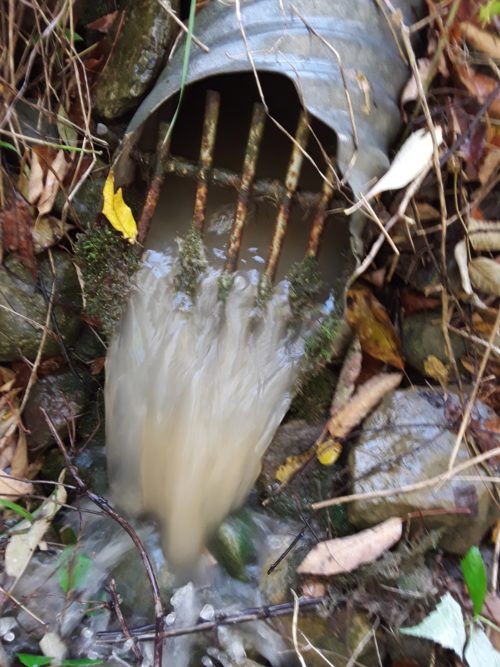A report issued by the Institute for Agriculture and Trade Policy (IATP) says USDA conservation programs reject most applicants.
The report also found that programs like the Environmental Quality Incentive Program (EQUIP) and Conservation Reserve Program pay for practices the group claims make environmental practices worse in 12 agriculturally intensive states. They are the Dakotas, Illinois, Indiana, Iowa, Kansas, Michigan, Minnesota, Missouri, Nebraska, Ohio, and Wisconsin.
"This report finds that current resources are being misdirected to large, polluting operations while thousands of farmers are being turned away from contracts that could help them pay for conservation improvements and help their bottom lines," the report's authors wrote. "Reforms are needed to ensure that EQIP funds only go toward truly environmentally beneficial practices."
The report identifies ten practices it considers to be harmful to the environment that are included for funding in EQIP. Of the ten practices identified, six identify practices associated with livestock raging. Two others are widely used by growers, including some no-tillers:
- Underground outlets, or pipes that carry water to nearby streams, particularly in situations where water ponds or pools on farm fields. This is identified under the USDA practice designation No. 620.
- Subsurface drainage (also known as drainage tiling or tiling), which is similar to underground outlets, except it is also used to remove excess salts. This is identified under the USDA designation No. 602
Among the 12 states the report focuses on, Illinois was the sole state to include one of these two practices in its top 5. Illinois spent more money (about $2.5 million) on underground outlets than on any other EQIP practice in 2020. Cover crops did not appear in Illinois's top 5 programs.
The report also found that the 12 states issued an average of 3.3% of EQIP funding to farmers in the socially disadvantaged category, which includes farmers of color. South Dakota awarded about 13% of its EQIP funds to farmers of color.
"According to data compiled by the National Sustainable Agriculture Coalition (NSAC), Midwest states awarded between 1-13% of their EQIP contracts to “socially disadvantaged producers,” the umbrella term used by USDA to describe farmers of color," the authors wrote. "In some cases, the low percentage of contracts awarded to farmers of color reflects a low total number of farmers of color in that state. However, there are states such as South Dakota where farmers of color are better represented in EQIP contracts, which in South Dakota’s case likely reflects the large number of farmers who identify as Native American in the state."
Among those same 12 states, cover crops were the top practice in Indiana ($5.4 million), Iowa($6.3 million), Michigan ($3.3 million), Missouri ($5.2 million), and Wisconsin ($6.2 million) in 2020.
Click here for more No-Till News.







